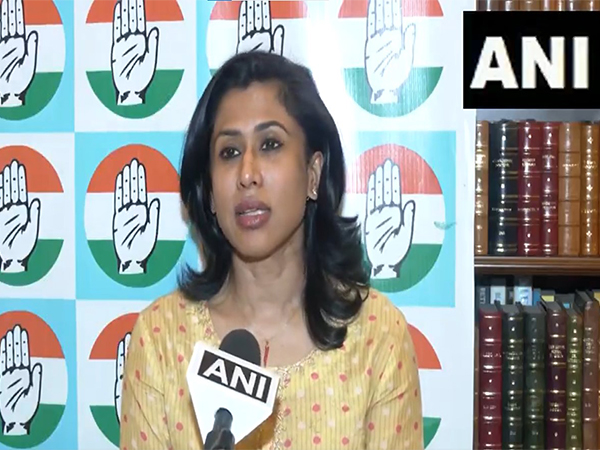India's Stance Against Omission Sparks Debate at SCO
India refused to sign the joint statement at the Shanghai Cooperation Organisation meeting as it failed to mention the Pahalgam terror attack. Congress criticized External Affairs Minister S Jaishankar, demanding answers for the oversight, highlighting claims of international support for Pakistan despite evidence of their involvement.

- Country:
- India
In a bold move, India declined to endorse the joint statement at the recent Shanghai Cooperation Organisation (SCO) meeting in China, citing the absence of any mention concerning the April 22 terror attack in Pahalgam. Congress leader Shama Mohamed criticized External Affairs Minister S Jaishankar, urging him to clarify why the attack wasn't referenced, despite India attributing responsibility to Pakistan.
According to Mohamed, India's foreign policy, which the government claims has reached new heights, faces scrutiny as the global community seemingly stands by Pakistan without condemning the attack. Mohamed expressed this sentiment, pointing out mentions of resistance in Balochistan, but a glaring omission of the Pahalgam incident that resulted in 26 fatalities.
Minister Jaishankar defended the decision, aligning with Defence Minister Rajnath Singh's stance against signing. Singh argued that the essence of the SCO is to address terrorism, yet a member nation's objection prevented any anti-terrorism reference. Consequently, India's stance is seen as a call for the global community to hold perpetrators accountable and prioritize regional security and stability.
(With inputs from agencies.)
ALSO READ
Lucknow Rallies for Cleanliness to Honor Defence Minister Rajnath Singh's Birthday
Rajnath Singh Connects Former Cadets for National Development at NCCAA's First Council Meeting
Strengthening Self-Reliance: Rajnath Singh Unveils Key Facility and Honors Legacy
Group Captain Shubhanshu Shukla's return from historic Axiom-4 mission proud moment for every Indian: Rajnath Singh.
He has not just touched space, he has lifted India's aspirations to new heights: Rajnath Singh upon Shubhanshu Shukla's return from space.










